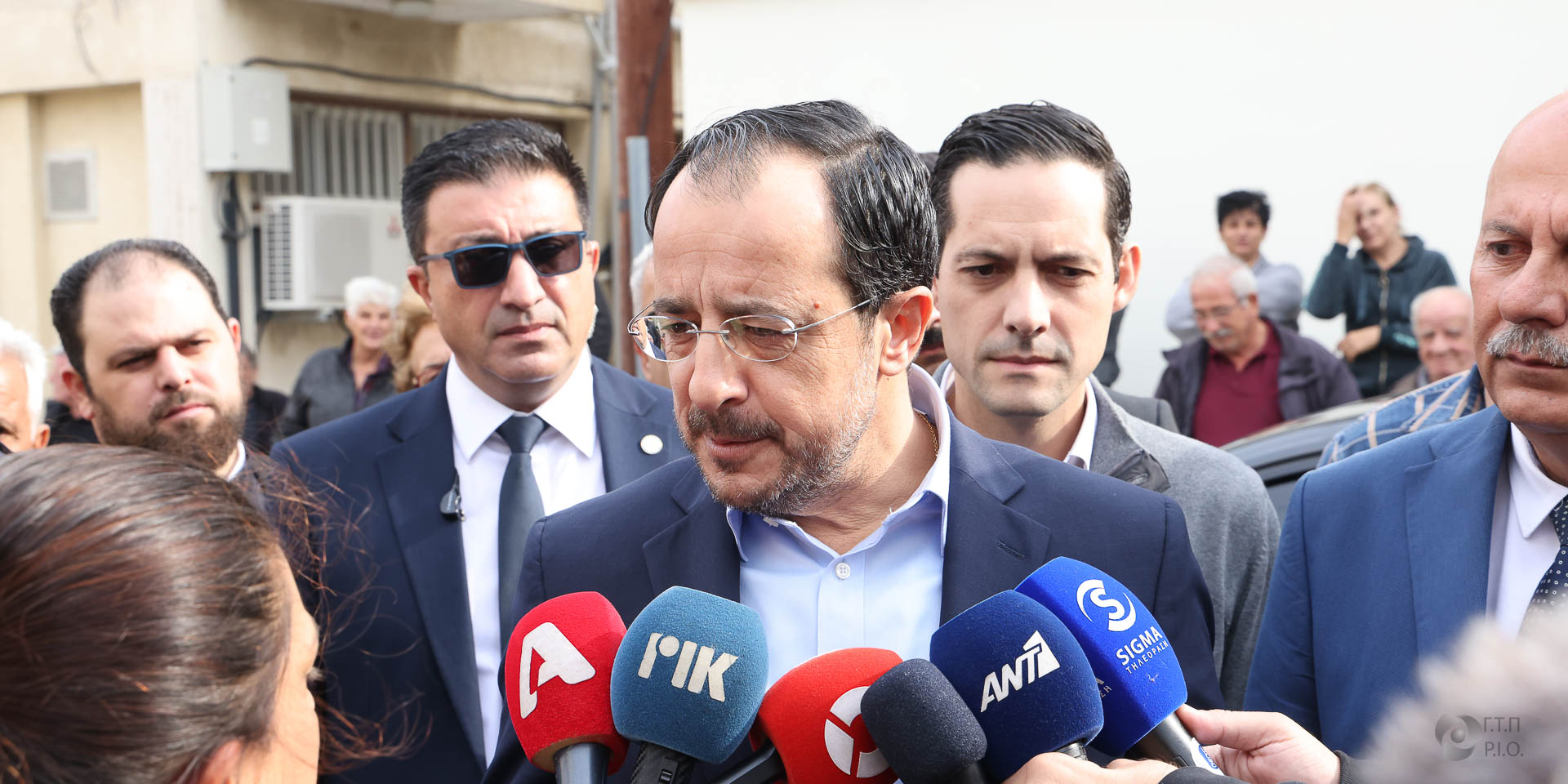How things change. Until a few years ago the mere mention of Nato in public debate was guaranteed to fuel indignant statements by most of the political parties and fiery articles in the press repeating the Soviet-inspired propaganda that the North Atlantic Treaty Organisation played an instrumental role in Turkey’s invasion of Cyprus. Now, President Nikos Christodoulides this week publicly declared his plans to seek Nato membership for Cyprus, in a transparent move to boost his low approval rating, safe in the knowledge that the hysterical, 50-year hostility no longer exists. The idea of Nato membership is suddenly popular.
There was the inevitable criticism of the president by Akel, which had played a leading role in the demonisation of the West’s defence alliance, but it was the exception rather than the rule. The anti-Nato warriors of the press fell silent and the parties that took a stand on the matter were positive. In short, the public consensus appeared to be in favour, dismissing the decades of concerted anti-Nato, anti-US propaganda and the mindless championing of Russia. Just a few years ago, party leaders were advocating the granting of bases to Russia without suffering the slightest political cost.
The switch to the West under Christodoulides has been complete. Now, the Cyprus government is discussing the upgrading of its air base with the United States, while American warships regularly dock at Larnaca port. The USS The Sullivans, a guided missile destroyer, arrived in Larnaca on Thursday as part of its deployment in the eastern Mediterranean. The USS Oak Hill docked here several times, and its marines conducted “routine bilateral training exercises” with the National Guard. The government has provided all the facilities sought by Washington since the start of Israel’s war in Gaza, a policy that has strengthened relations between the two countries and paved the way for the strategic dialogue now in progress. It has also closely cooperated with Americans in fighting money laundering.
It is this strengthening of relations that Christodoulides is banking on to facilitate Cyprus’ eventual membership of Nato. Announcing his objective a couple of weeks ago, he said “we are talking to the United States on three levels provided by the status of a member state of Nato, as to how the Cyprus Republic can take advantage of these opportunities, so that when everything is in place, the Cyprus Republic would become a member of Nato.” Membership would allow the upgrading of the National Guard and the purchase of military equipment, which would strengthen Cyprus’ deterrent power.
The question is when will everything be in place? For Cyprus to join Nato, Turkey would have to give its approval – any member state has the power to veto a proposed membership – something it would never do. During the first Anastasiades term, work was done on applying for membership of Partnership for Peace, described as a Nato waiting room but, according to then foreign minister Ioannis Kasoulides, it was abandoned because the US had discouraged such a move. Keeping Turkey happy at the time was a priority for Washington but conditions are not the same today – Cyprus is a strategic partner of the US – even though Turkey retains its veto power, not to mention the biggest standing army of Nato in Europe.
Realistically speaking, Turkey would never allow Cyprus to join the alliance as long as there is no Cyprus settlement, but if there was, would we need a strong deterrent power, considering the only military threat the republic faces is from Turkey? While Nato membership is not a pragmatic objective under current conditions, the strategic partnership with the US, involving the use of Cyprus by the American military, is seen as offering security to Cyprus. This is why Greek Cypriots have dropped their anti-US, anti-Nato views. They believe, with ample justification, that the strategic partnership with the US offers the security the republic has never enjoyed in the past – it is highly unlikely Turkey would attempt any military operation in a country that is a strategic partner of the US and provides it with military facilities.
It is this partnership that has boosted Cyprus’ security much more than the upgrading of our air defence systems, military equipment, combat capabilities and defence infrastructure about which the government has been waxing lyrical recently. It has also spoken about the need to coordinate military training and infrastructure capabilities with Nato countries as part of the process leading to the application for membership of the alliance, which is still some time away. Foreign Minister Constantinos Kombos put things in perspective at the House on Tuesday, where he said that “we are not at the point of applying for Nato membership; we are getting ahead of ourselves.”
A note of pragmatism was necessary, given the tendency of the president to turn every policy plan into a communications exercise. Christodoulides has done very well in taking the country to the West and seizing the opportunity, provided by the crisis in the Middle East, to forge close and strong ties with the US. This is the biggest achievement of his presidency and the main factor boosting Cyprus’ security. It is not the possibility of Nato membership that might never materialise.







Click here to change your cookie preferences